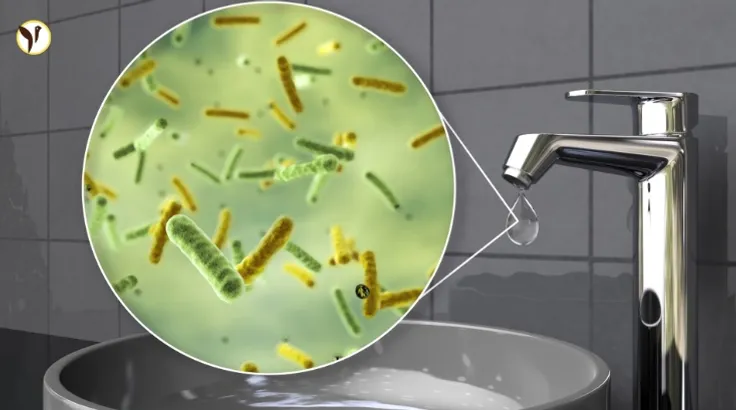It honestly started like any regular day. You know, nothing weird — people were just going about their routines. Making tea, filling the dog’s water bowl, brushing their teeth. But by the evening, everything flipped.
Out of nowhere, a warning hit: “Boil your water before using it. It might not be safe.”
Just like that, folks in parts of North Yorkshire had to stop and rethink something they’d never questioned before — the water coming out of their tap. Around 2,000 homes were told to boil their water before drinking or using it for cooking, and honestly, the panic kind of took over. Bottled water started disappearing from shelves. People weren’t even sure if it was okay to shower or brush their teeth. It got real, real quick.
E. coli in the Water? That’s Why Everyone Got So Worried
So, here’s what caused all the fuss — Yorkshire Water found traces of E. coli in their supply. Now, most of us have probably heard of E. coli, but not everyone knows what it actually means.
Basically, it’s a kind of bacteria that lives in your gut. Some types are totally fine, but others? They can make you seriously sick. We’re talking stuff like stomach cramps, diarrhea, throwing up — not fun. And for kids, elderly folks, or anyone with a weaker immune system, it can be pretty dangerous.
So yeah, finding it in the water that thousands of people drink and cook with? That’s a big deal. Yorkshire Water had to jump into action fast — and to be fair, they did.
They told people right away to start boiling their water. They even set up places where people could pick up bottled water for free. And their teams were out testing and checking the supply non-stop. A few days later, they started lifting the warning in most areas. The water’s safe again — for now. But, you know, the trust isn’t fully back yet. A lot of people are still kinda shaken.
What This Really Meant for People — and What to Do If It Happens Again
You don’t realize how much you rely on water until it becomes something you have to think twice about. One local mom said she used to just fill up her bottle without thinking — now she double-checks every time. Another person said it felt scary how quickly something normal became risky.
People weren’t just upset about the bacteria. It was more about the feeling of not knowing. Not knowing if the water you’re giving your kid is safe. Not knowing if you’ll have to boil water again tomorrow.
And yeah, could this happen again? Honestly, yeah — it could. Stuff breaks. Pipes leak. Contamination happens. But what makes the difference is how fast it’s handled, and how clearly it’s communicated. That’s the real key.
If something like this ever happens where you live, here’s what to keep in mind:
-
Always boil your water before drinking it, cooking with it, or brushing your teeth.
-
Don’t rely on filters — most of them can’t catch bacteria like E. coli.
-
Use bottled water if you have access to it.
-
Pay attention to updates from your local water company or council.
Because at the end of the day, this wasn’t just about a few sick people or a short-term scare. It was about something bigger — how much we trust the systems that are supposed to keep us safe. And when that trust cracks, even just a little, it sticks around long after the warning gets lifted






